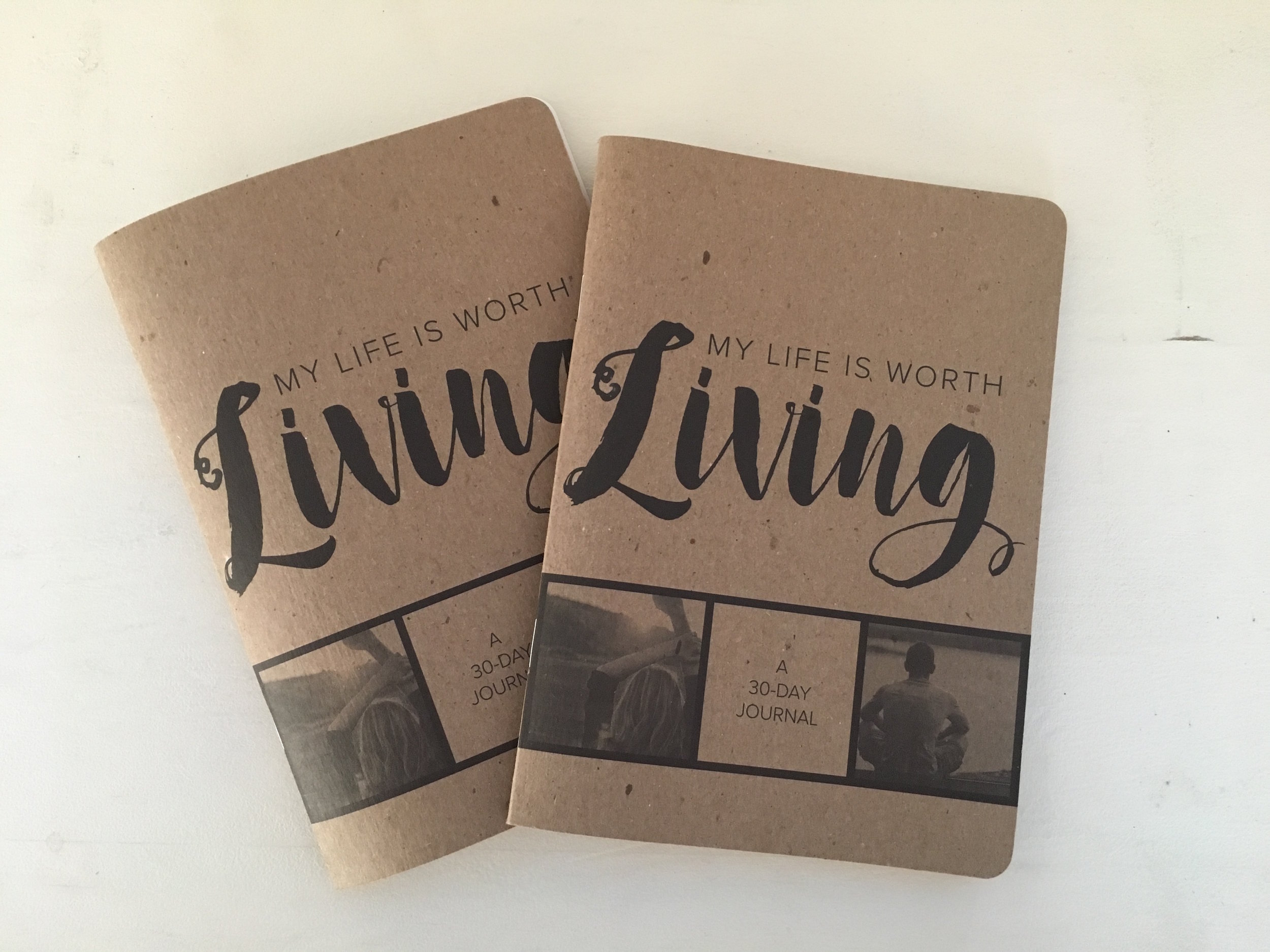For those with borderline personality disorder, knowledge can be empowering and healing. What if you could take simple, concrete steps to get and use that knowledge? What if you could start today?
In 2008, Drs. Mary Zanarini and Frances Frankenburg published a research study which showed that a 12-week psychoeducation group alone significantly helped "alleviate the severity of two of the core elements...general impulsivity and unstable relationships" in women with a diagnosis of borderline personality disorder.
Can an educational program about BPD make that much of a difference? It can!
Starting August 4, I'm exceptionally proud to offer a similar life-changing opportunity that you can take part in from the comfort of your own home.
What You'll Learn
Week 1
Understanding the Diagnosis of BPD (Part 1)
• Defining emotional health
• DSM-5 criteria
• Suicide and self-injury prevention
Week 2
Understanding the Diagnosis of BPD (Part 2)
• The strengths of persons diagnosed with BPD
• Excellent news about recovery from BPD
Week 3
What causes BPD?
• The bio-social theory
• The importance of genetic research
• The role of trauma, loss, and attachment
Week 4
Combating Myths and Stereotypes about BPD
• Understanding common myths and misunderstandings about BPD
• Advocating for ourselves
Week 5
Who Treats BPD and Why Does it Matter?
• The unique role of therapists, psychologists, psychiatrists, nurse practitioners, pharmacists, case managers, and peer support workers
• Finding the right mental health professional or treatment program
Week 6
Brain Health and Medications
• The BPD brain, prefrontal cortex, amygdala, and other anatomical differences
• Classes of medications
• Limitations of medications
• Self-monitoring for success
Important note: Amanda L. Smith, LMSW is not a medical doctor and will not be making recommendations nor giving advice about medications during this presentation.
Week 7
Evidence-Based Treatment and Promising Practices (Part 1)
• Dialectical Behavior Therapy
• Mentalization-Based Treatment
• Schema-Focused Therapy
• Good Psychiatric Management
• STEPPS
Week 8
Evidence-Based Treatment and Promising Practices (Part 2)
• Transference-Focused Therapy
• Dynamic Deconstructive Psychotherapy
• Mindfulness
• WRAP
• ICCD Clubhouses
• Expressive therapies
Week 9
Gathering Support
• Getting support from family members and friends
• Finding community and online support
• Sharing ourselves and our story with others
Week 10
The Importance of Physical, Emotional, Relational, and Spiritual Self-Care
• Self-assessment: Where are my gaps in self-care?
• How does sleep, balanced eating, and daily exercise help me?
• Mood boosters you can use now
Week 11
The Role of Self-Compassion and Forgiveness in Healing
• Defining self-compassion and understanding its role in emotional health
• Forgiving others and ourselves
• Finding meaning and purpose in emotional pain and suffering
Week 12
Progress Not Perfection
• What to expect (and not expect) in recovery
• Creating our personalized treatment and recovery goals
Who is conducting this class?
Amanda L. Smith, LMSW is a licensed social worker. She is also someone who is in recovery from BPD as well as the author of The Dialectical Behavior Therapy Wellness Planner: 365 Days of Healthy Living for Your Body, Mind, and Spirit.
Who should take this class?
While the class is designed for individuals diagnosed with borderline personality disorder, it's open to anyone wanting to learn more about BPD—that includes family members and friends.
Are the classes live? When will they take place?
All classes are conducted live and participants will have an opportunity to ask questions during our time together each week. My Healthier Life starts on Tuesday, August 4, 2015 at 6:00 pm Central (7:00 pm Eastern, 5:00 pm Mountain, and 4:00 pm Pacific). Classes are 60 minutes.
Outside of the US? You can convert your time zone here.
What do I need for class?
All you need for class is a computer and a phone. You may also want to take notes during our time together each week.
What happens if I cannot make a class?
Classes will be recorded for future listening and each attendee will be given an MP3 to review missed classes. Many attendees may also benefit from listening to each class two or three times.
How much is My Healthier Life?
There are two options for making an investment in My Healthier Life. You can make a one-time payment of $249.00 by clicking the Buy Now button below or agree to making three monthly installments of $99.00 each.
I still have questions. How can I reach you?
You can email me at amanda@hopeforbpd.com or telephone me at (941) 704-4328. I'm happy to help.
Registration is now closed for My Healthier Life.
To be placed on waiting list for our next class, please send an email to amanda@hopeforbpd.com.












